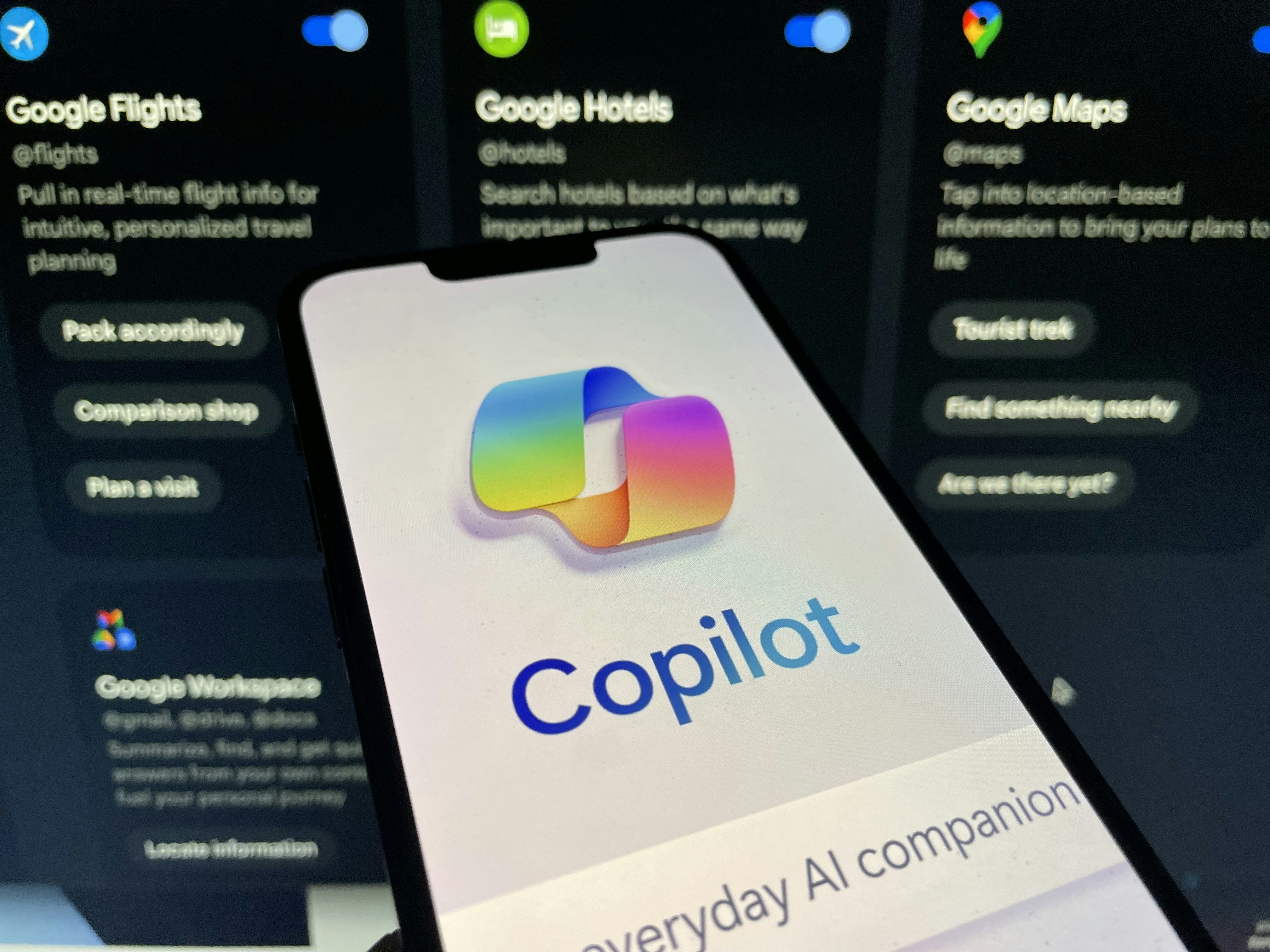Introduction to AI Study Tools
In today’s educational landscape, the incorporation of artificial intelligence (AI) has emerged as a pivotal development in enhancing learning experiences. AI study tools have gained substantial traction, providing innovative solutions to address various learning challenges faced by students. These tools leverage advanced algorithms to personalize content, making learning tailored to individual needs and preferences. By analyzing student performance in real-time, AI systems can adjust the difficulty of materials, ensuring that learners tackle challenges suited for their skill level. This personalization is crucial for maintaining engagement and fostering a deeper understanding of complex subjects.
Furthermore, AI study tools offer immediate feedback, which is essential for effective learning. Unlike traditional methods, where students may wait for grades or critiques, AI-driven applications provide insights on performance as students work through exercises or assignments. This immediacy allows learners to identify weaknesses and reinforce strengths without delay, facilitating a more dynamic and responsive study process. As educational technology continues to evolve, the integration of AI fosters not only enhanced learning but also efficiency in study routines, allowing students to maximize their time and efforts.
Another significant aspect of AI tools is their ability to accommodate diverse learning styles. Technology is reshaping how students engage with content, with a growing preference for interactive and multimodal approaches. Text, audio, visual aids, and simulations in these applications cater to auditory, visual, and kinesthetic learners alike. This shift enables users to adopt strategies that resonate with their learning preferences, ultimately leading to improved academic performance. As we delve into the top 10 AI study tools poised to revolutionize learning in 2025, it is clear that the impact of these technologies extends far beyond mere convenience; they represent a transformative force in education that students can leverage to achieve their goals effectively.
Criteria for Selecting the Best AI Study Tools
When determining the most effective AI study tools for 2025, several key criteria must be considered to ensure that these applications provide meaningful support for learning. The primary factors include usability, effectiveness, accessibility, user experience, and integration with other educational platforms. Each of these elements plays a vital role in enhancing a student’s academic success and determining the overall value of the tools in a tech SaaS blog context.
Usability is crucial as it directly impacts how easily students can interact with the app. A user-friendly interface allows for quick adoption, minimizing the time spent learning to navigate the tool itself. Effective AI study tools should also demonstrate their ability to improve learning outcomes. This can be measured through data-driven results, such as improved grades or enhanced comprehension of the subject matter.
Accessibility ensures that all students, regardless of their learning environment or technological capabilities, can benefit from these study tools. With an increasing emphasis on remote learning, tools that can operate on various devices and platforms are essential. Furthermore, user experience extends beyond mere functionality; it encompasses the overall satisfaction that students derive from utilizing the tool. Engaging and interactive features can foster motivation and retention, making learning more enjoyable and effective.
Lastly, integration with other educational platforms is a significant criterion when selecting AI study tools. Tools that seamlessly connect with widely used learning management systems enhance collaboration and information sharing among students and educators. This synergy can amplify the impact of the tool, making it an indispensable component of a successful learning strategy. By focusing on these criteria, we can identify AI study tools that genuinely empower learners to achieve their academic goals and excel in their studies while potentially generating high CPM in the process.
The Top 10 AI Study Tools for 2025
As we approach 2025, the landscape of education is rapidly evolving with the integration of artificial intelligence tools designed to enhance learning experiences. Here are the top 10 AI study tools projected to dominate the educational sector:
1. StudyBuddy: This app utilizes AI to create personalized study plans based on users’ learning styles and preferences. With its adaptive content delivery, StudyBuddy ensures that students engage with material that suits their pace and capability. It is particularly beneficial for high school students preparing for college entrance exams.
2. Knowtify: Knowtify promotes efficient note-taking by utilizing AI algorithms to summarize lectures in real time. It caters to university students, providing them with concise notes that capture key points accurately, thus streamlining review sessions prior to exams.
3. ExamGenie: Tailored for exam preparation, ExamGenie offers an AI-driven assessment platform that generates practice tests based on the user’s strengths and weaknesses. This tool is favored by graduate students due to its ability to predict challenging areas, enabling targeted preparation.
4. SmartFlash: SmartFlash employs spaced repetition techniques to enhance memory retention. This flashcard app uses AI to adjust the frequency of card reviews based on users’ performance, making it an excellent resource for language learners and medical students alike.
5. TutorAI: This tool connects students with AI-driven virtual tutors for real-time assistance in various subjects. Its interactive approach to learning is particularly effective for younger audiences who benefit from engaging and immediate support.
6. LearnX: LearnX personalizes educational content recommendations using AI, catering to individual learning paths. It effectively serves adult learners and professionals seeking career advancement through tailored courses.
7. BrainWave: BrainWave creates immersive learning environments through virtual reality, enhanced by AI insights into student engagement. This tool is highly regarded in higher education and vocational training.
8. MindMeld: MindMeld supports collaborative study through AI-enhanced group discussions and brainstorming sessions, making it ideal for project-based learning in team-oriented educational settings.
9. SkillSage: SkillSage focuses on skill development by providing personalized resources based on user assessments. It is particularly appealing to those venturing into tech SaaS blogs and digital marketing.
10. FocusMate: This productivity tool blends AI with accountability by pairing users for study sessions, helping individuals maintain focus and achieve their learning goals. It is especially popular among remote learners and online course participants.
Each of these tools not only handles educational content but also integrates user feedback, demonstrating their effectiveness in real-world applications. As technology continues to advance, these AI study tools are set to reshape how students engage with learning material, potentially leading to higher retention rates through enhanced interactive experiences.
Conclusion and Future of AI in Education
As we review the top ten AI study tools introduced in 2025, it becomes evident that these applications represent a significant shift in how we approach learning. Each tool discussed has the potential to enhance study techniques, streamline information acquisition, and cater to individual learning styles. The integration of artificial intelligence in educational tools not only fosters engagement but also equips students with valuable skills that are increasingly relevant in a digital age. By embracing high CPM opportunities in affiliate marketing for tech SaaS blogs, we further recognize the financial avenues available for both developers and educators committed to advancing educational technologies.
Looking forward, the future of AI in education is poised for continuous evolution. We can anticipate a wider adoption of hyper-personalized learning experiences that adapt in real-time based on student performance, preferences, and needs. Furthermore, advancements in natural language processing and machine learning will likely enhance the functionality of these tools, making them even more intuitive and effective. Emerging trends point toward increased collaboration between AI systems and educational stakeholders, creating ecosystems where technology acts as a supportive ally rather than just a tool.
As technology continues to shape our educational journeys, it is essential for learners and educators alike to remain vigilant, adaptive, and open to innovation. The experiences shared by users of AI study tools can provide invaluable insights into their efficacy and real-world applications. We encourage readers to reflect on how AI has influenced their own learning processes and consider contributing to the ongoing dialogue on the intersection of technology and education. By doing so, we not only enrich our understanding but also participate in the transformative journey that awaits us in the realm of AI and education.



